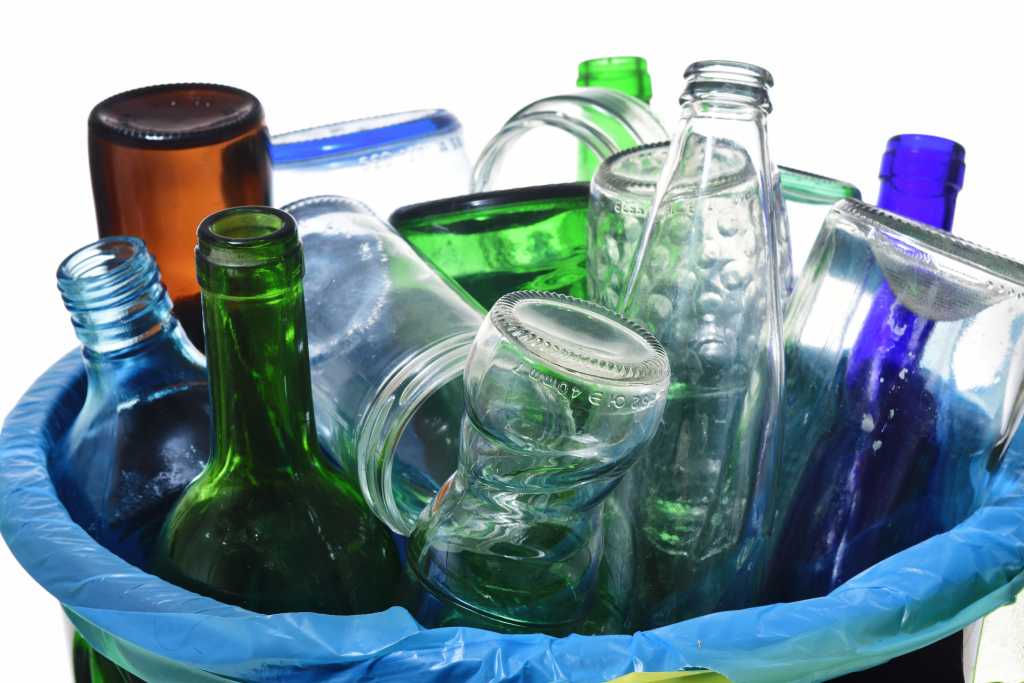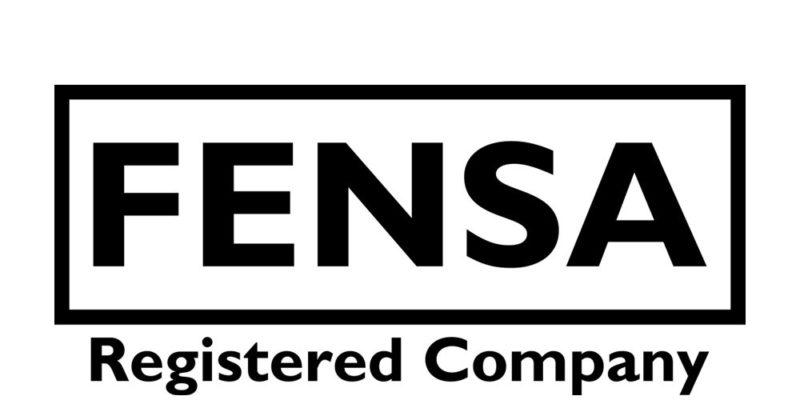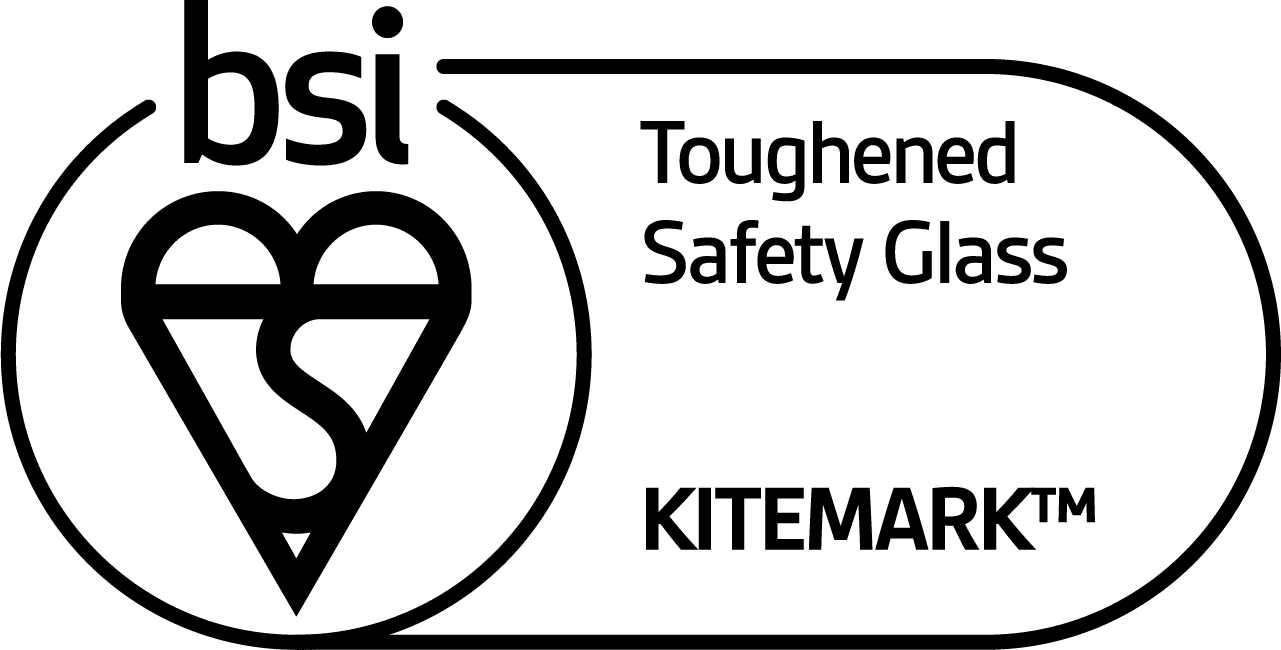Everything you Need to Know About Glass Recycling
Glass is the ideal product when it comes to environmental benefits, as it is easy to recycle, and its popularity continues to grow as consumers become more interested in living an eco-friendly lifestyle.
How Lee Glass and Glazing recycle:
Here at Lee Glass and Glazing we believe everyone has a duty of care to the environment and so we minimise our impact as much as possible. This is why all of the waste glass we produce is collected by a glass recycling company.
Glass can be categorised into two types: float glass, which Lee Glass uses for windows and mirrors, and container glass, which other companies use for jars and bottles.
Both of these types are created with soda-lime-silica glass, but they differ in chemical composition and production method, which means they have to be recycled separately.
There needs to be a high visual quality for float glass to be reused, so it cannot be contaminated in any way when being recycled. However, our contaminated float glass does not go into landfill, it is collected by the recycler to be used in a different way. They grind the glass down into rough powder. This powder is then combined with specialist paint. The glass powder gives the paint a bright, shiny and slightly reflective appearance, and is commonly used for the white lines that you see down the middle of our roads.
Where do you send glass for recycling?
To avoid contamination of our waste glass, we are unfortunately unable to accept scrap glass from outside sources. Although our contaminated glass is not wasted, the best outcome for our waste glass is still to be reused and become new float glass or mirrors. So we need to be careful and keep our glass as high quality as possible. The easiest way to ensure your glass is properly recycled is to make use of your home recycling bins, or public bottle banks and local authority waste and recycling centres.
Benefits of glass recycling:
Glass containers, jars and bottles are completely recyclable, and they can be reused endlessly without losing quality. This means recycling glass is especially important, because if a glass container ends up in landfill it will take about a million years to break down. In comparison, if the bottle is recycled, 30 days after it enters your recycling bin, it can become a new container. Glass recycling conserves raw materials such as sand and limestone which would usually go into the production of glass, and it also reduces the greenhouse gases which are produced in the creation of new glass. Recycled glass can be used to make a wide variety of items other than just bottles and containers, such as walls, tiles, aggregate, and fences. It is also encouraging for the everyday person to know that glass is one of the easiest products to recycle. All a glass bottle requires is a quick rinse and then you can drop it in your recycling bin or a nearby collection point.

What glass items can be recycled?
- Jars: This includes jam, sauce, honey, baby food jars, and many more.
- Bottles: These can be any colour, and include beverage bottles such as wine, soft drinks, or beer.
- Other containers: Glass containers for things such as perfume, face creams etc.
As long as these containers are properly cleaned before recycling, then it is relatively simple to do so. Once your glass is picked up it is taken to a manufacturing or recycling plant where it is cleaned, crushed, melted, and then moulded into new products.
What glass items cannot be recycled?
- Nail varnish bottles
- Light bulbs
- Crystal
- Pyrex or other heat-resistant glass used for cookware
- Drinking glasses
Some glass items are made with different types of glass which cannot be melted at the same temperature as containers, bottles and jars. This means they must be recycled separately, otherwise they will mix with the other types of glass in the recycling process and create defective containers, which are rejected by the manufacturer and wasted. When this glass is recycled separately it is instead used to make building materials such as eco-cement and concrete.
Facts about glass:
- About 80% of reused glass containers are made into fresh new ones, the other 20% is used to make materials like aggregates.
- Glass is widely considered to be a healthier container than plastic for your food and drink. This is because glass is made with natural materials instead of harmful chemicals, which are believed to leach into your food from plastic containers.
- Glass is incredibly environmentally friendly, over a tonne of natural products are saved for every tonne of glass that is recycled, and carbon dioxide emissions are lowered by one tonne for every six tonnes of recycled glass.
- Manufacturers benefit from recycled glass, as it extends the life of plant equipment, and energy costs drop by 2-3% for every 10% of glass used.
Lee Glass and Glazing try to have minimal impact on the environment by improving efficiency in our production processes, minimising waste, and reusing and recycling whenever we can. With over 50 years’ experience, we have become the leading company in the glazing industry. Lee Glass and Glazing are based in Nottingham but operate all across England, why don’t you contact us today to learn more?








